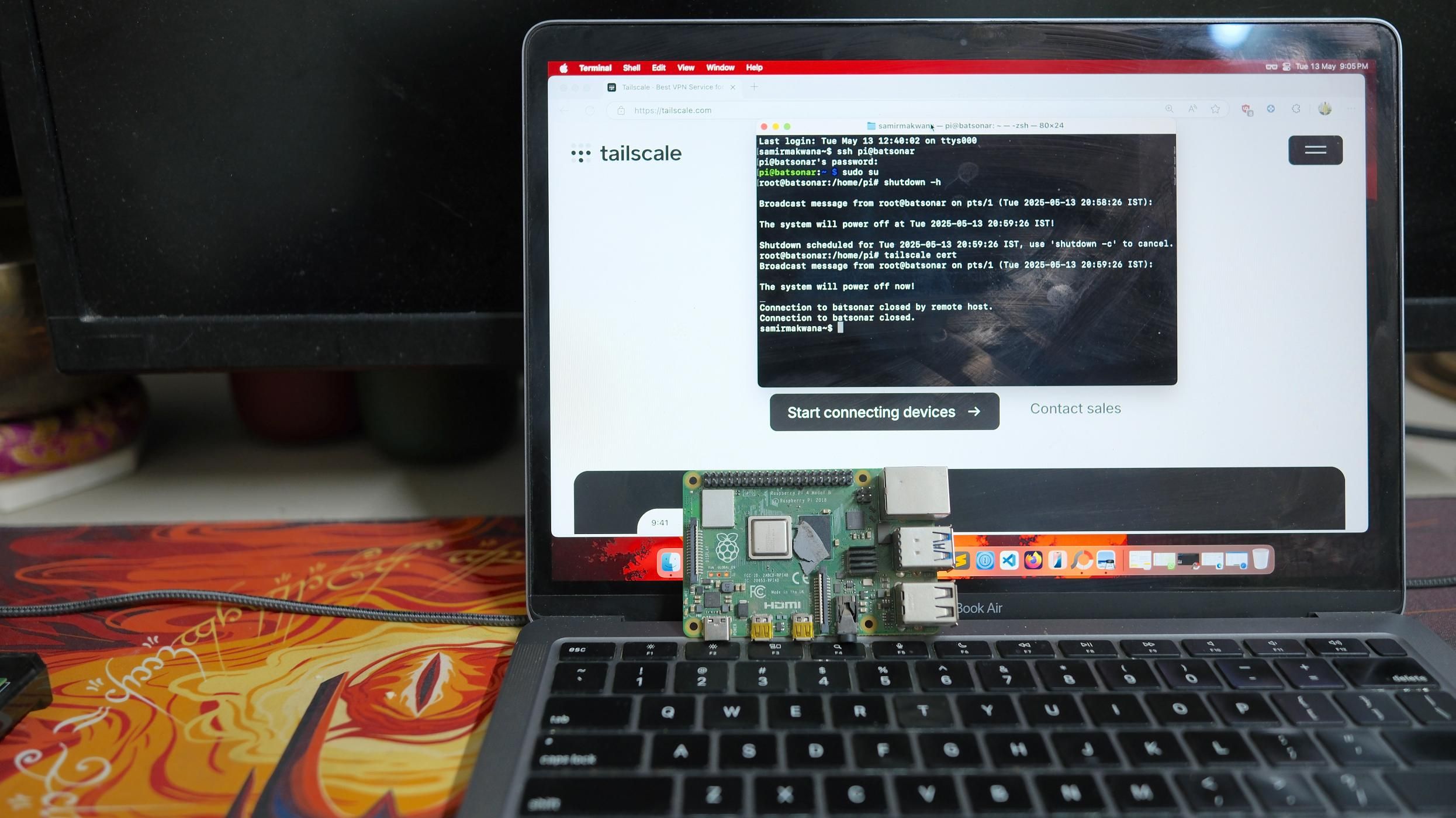URGENT UPDATE: New methods for remote access to Docker applications have just been unveiled, offering users a secure and straightforward way to manage their home servers from anywhere. As self-hosting continues to gain popularity, the challenges of remote connectivity have prompted tech enthusiasts to seek innovative solutions that prioritize security and ease of use.
Many users running Docker containers on home servers or NAS devices, such as the popular Synology NAS, face difficulties when attempting to access their applications remotely. Port forwarding can be cumbersome, and relying on VPNs often complicates access to essential tools like media servers and productivity applications. With this in mind, two robust methods have emerged as leading solutions: reverse proxy setups and Tailscale.
The first method, utilizing a reverse proxy, allows users to create an easily memorable URL for accessing Docker apps instead of cumbersome IP addresses. This setup not only simplifies the connection process but also enhances security. The popular choice for this configuration is Nginx, a lightweight solution that routes incoming requests to the correct Docker container based on subdomains. Users can easily create proxy rules for new containers, ensuring seamless remote access.
Moreover, the integration of SSL certificate management adds another layer of security, encrypting connections by default. This means every service exposed through the reverse proxy is protected, significantly reducing the risk of unauthorized access. The result is a polished and user-friendly experience, making remote access feel more reliable and professional.
In addition to reverse proxies, Tailscale has emerged as a game-changing solution for users seeking a direct private connection to their home networks. This service creates a secure, encrypted network that connects devices—be it laptops, smartphones, or tablets—regardless of their physical location. Tailscale’s plug-and-play functionality eliminates the need for complex port forwarding setups, making it accessible even for those unfamiliar with networking.
Each device connected to Tailscale receives a unique IP address, allowing secure access to Docker containers as if users were on their home network. Notably, Tailscale’s MagicDNS feature simplifies the process further by allowing users to avoid lengthy IP addresses, and it can also configure Synology NAS devices as subnet routers for broader network access.
For those who favor a comprehensive solution, combining both methods offers unparalleled flexibility. The reverse proxy provides ease of use with descriptive URLs that can be shared effortlessly, while Tailscale ensures private, secure access without the complications of traditional VPNs. This dual approach allows users to tap into their self-hosted tools globally without the stress of frequent troubleshooting.
As the demand for reliable remote access grows, these solutions not only exemplify the evolution of self-hosting but also empower individuals to take control of their digital environments. With both a hands-on and a zero-config option available, users can confidently connect to their Docker applications, no matter where they are.
For those interested in enhancing their remote access capabilities, these methods represent the forefront of DIY networking solutions. The implications are significant—users can expect greater control over their data and improved accessibility to essential tools. As more individuals turn to self-hosting, the need for secure and efficient access methods will only increase.
Stay tuned for further updates as the landscape of home server management continues to evolve.
